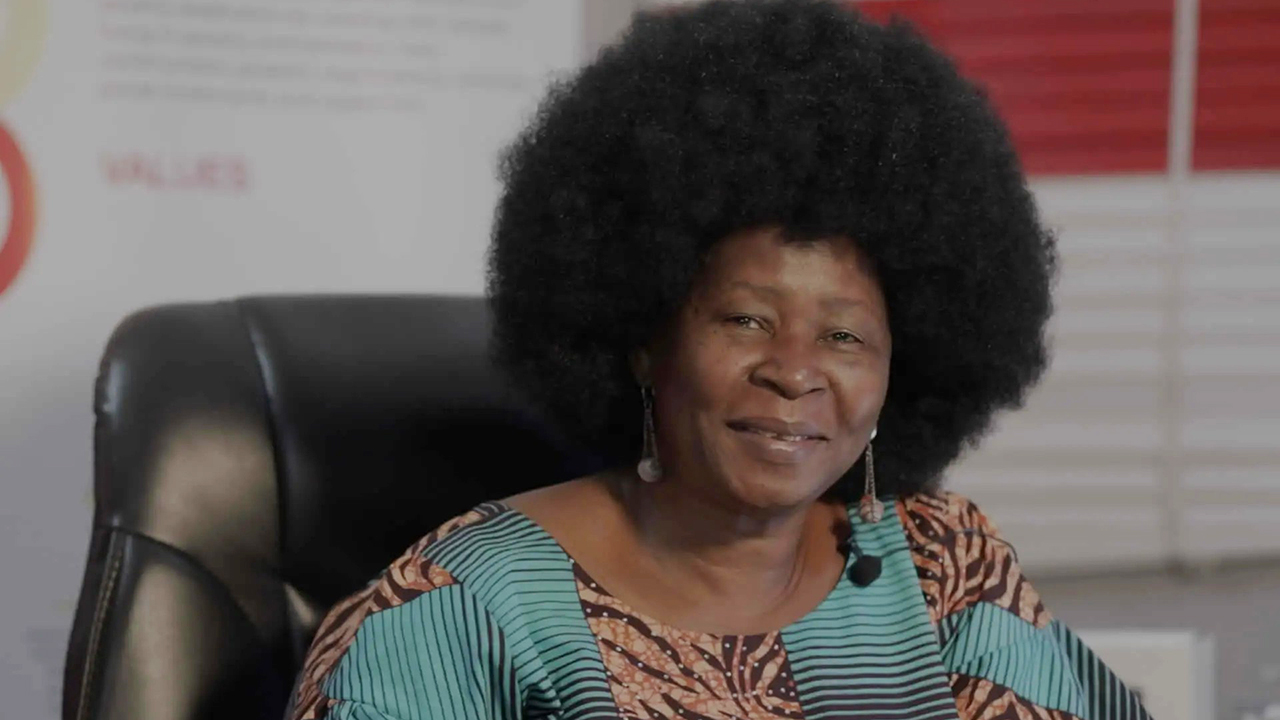From Collins Olayinka, Abuja
There is an urgent need for stakeholders in the labour movement to devise means of rejuvenating the waning student activism back to the one based on selfishness and fighting spirit to resist oppressive policies within and outside of campuses across the country.
Dr Yunusa Ya’u and Ene Obi stated this at the presentation of 2024 Rosa Luxemburg Stiftung (RLS) supported research in Nigeria, which took place in Abuja. Ya’u, while reviewing a book titled, ‘Aluta Continua: The Story of Nigerian Student Movement 1982 to 1992’ said there is the need to recapture and preserve the rich history of activism in the country for generations to learn from.
Ya’u, who is the Executive Director of the Centre for Information Technology and Development (CITAD), Kano, urged former student activists to document their experiences for younger generations to copy towards recreating a strong student union movement that contributed to the restoration of democratic rule.
Ya’u noted that the period between 1982 and 1992 covered by the book was both intense and interesting, full of stories of successes and disappointing tales of decay and eventual collapse.
The varsity don maintained that despite the fascination with the movement, the student movement is not well documented.
“So far, we have just a handful of these. Much more is needed to be written, both from the perspective of campus-based (as in this book) but also on broader dimensions of the struggles of the student movement in its drive to push for the transformation of the country,” he stated.
He further observed that activists are often not documenters, even when they are good writers, adding: “They went about doing their activism, without the time or flair for documentation or reflection, to render their experiences on paper. When the subject of recollection itself was over 20 years past, the memory becomes weak.”
Ya’u argued that the book would help stakeholders understand the methods of the highly successful student movement, its shortcomings, strengths and successes, its mistakes and foresight, and how it came to collapse.
Ya’u held that the student movement was so strong that in some left circles, it was seen as the vanguard of the socialist revolution, displacing the working class, which was seen as too backward to lead the struggle for the revolution.
He added that the lessons will then anticipate the future re-robing of the movement and how it can reinvent itself and become relevant in the current phase of the struggles in the country.
He submitted that the book has sparked a conversation around the rebuilding of the student movement in Nigeria for it to become a key factor in the current struggles.
In a panel discussion, a former ActionAid Nigeria’s Country Director, Ene Obi, bemoaned the demise of selfless student activists whose only interest was the enhancement of students’ welfare and an environment that was conducive to learning.
“During our days, we were entering trailers to attend meetings. Payment of allowances was not our focus, but how to ensure that students were fed well and stayed in an environment that was conducive to learning. Our focus was on ensuring that no student was maltreated by the authorities, both within and outside of university campuses. But nowadays, what we have is pitiable. There is the need to bring back a student body that can fight for the rights of the common people,” she said.
At the occasion, Prof Magdalene Igbolo of the Department of Sociology, University of Abuja, who reviewed another book, ‘Working Conditions and Rights of Domestic Workers in Nigeria’, noted with dismay that all the laws that have been made to provide succour to domestic workers have failed to clearly define their rights and status.
“Essentially, there are challenges confronting the protection of the rights of domestic workers in Nigeria, however, the situation is not hopeless. The consistent efforts of CEE-HOPE, FIWON, NLC, TUC and other CSOs that put workers’ rights, human rights and women’s rights as the focus of their action will create a critical momentum that can sustain the establishment and successful integration of domestic workers into the world of decent work,” she stated.






